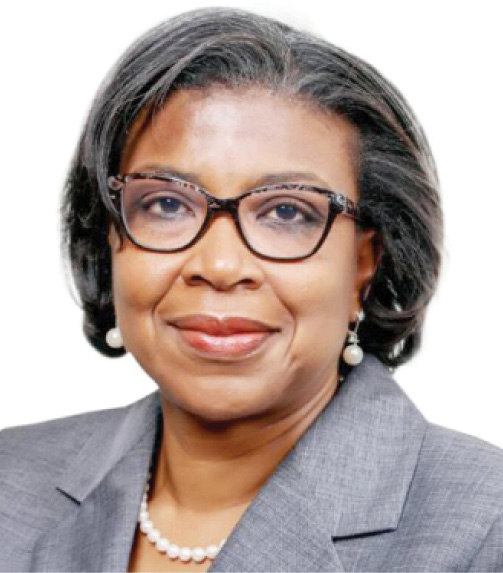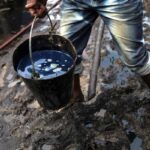The Director-General of the Debt Management Office (DMO), Ms Patience Oniha has disclosed that the current revenue problem in the country is compounded by leakages such as increase in oil theft and petrol subsidy.
She said both have significantly reduced the revenue from oil sales that used to account for the bulk of government revenue.
Oniha stated this while briefing journalists in Lagos during the 2022 Capital Market Correspondents Association of Nigeria (CAMCAN) with the theme: “Nigeria’s Public Debt and the Capital Market”.
Oniha noted that the outlook of both the local and international markets is becoming tighter with rising interest rate.
Protect our facilities, INEC begs Nigerians
Non-preservation killing literary work in Nigeria – Emir
She stressed the need for the country to urgently moderate its new borrowings and ensure that public debt is sustainable through accelerating its revenue base to shore up non-oil revenue and rationalising expenditure.
Oniha said that the nation’s total public debt to Gross Domestic Product (GDP) of 23.06 per cent as of June 2022, was still within Nigeria’s self-imposed limit of 40 per cent, the World Bank/International Monetary Fund (IMF) recommended limit of 55 per cent for countries within Nigeria’s peer group and 70 per cent for ECOWAS countries.
She said that the country needs to operate an efficient tax administration to ensure greater compliance with remittances devoid of all forms of evasions in the system.
Oniha added that the revenue challenge remains one of the most critical policy issues of the federal government, which is currently threatening the nation’s debt sustainability.
The DMO top official, however, argued that debt service to revenue was extremely high, an indication that urgent steps needed to be taken to boost the nation’s revenue and enhance public debt sustainability.
“Nigeria’s public debt stock has grown consistently over the past decades and even faster in recent years. Consequently, debt service has continued to grow.
“Nigeria’s low revenue base compounded by dependence on crude oil resulted in budget deficits over the past decades. Efforts at increasing non-oil revenue are yielding positive results.
“Dependence on borrowing and low revenue base is now threatening debt sustainability. With a low debt to GDP ratio, Nigeria’s debt service to revenue ratio would have been low if revenue was strong,” Oniha said.
Abiodun Alade & Jide Olasunkanmi, Lagos

 Join Daily Trust WhatsApp Community For Quick Access To News and Happenings Around You.
Join Daily Trust WhatsApp Community For Quick Access To News and Happenings Around You.


